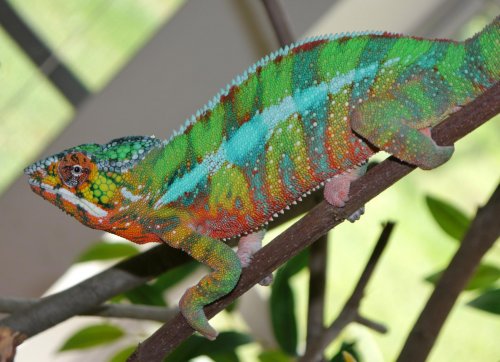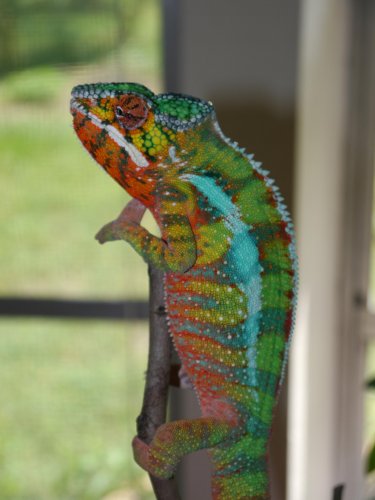Zen Reptiles
Avid Member
Are there always runts in the clutch?
I have some approaching 4 months that look more like 2 months. Out of 19 Nosy Be, there are 3 that are exceptionally small compared to the rest.
They're in separate cages and eat/poop just as much as the big guys. Is this normal?
I have some approaching 4 months that look more like 2 months. Out of 19 Nosy Be, there are 3 that are exceptionally small compared to the rest.
They're in separate cages and eat/poop just as much as the big guys. Is this normal?









